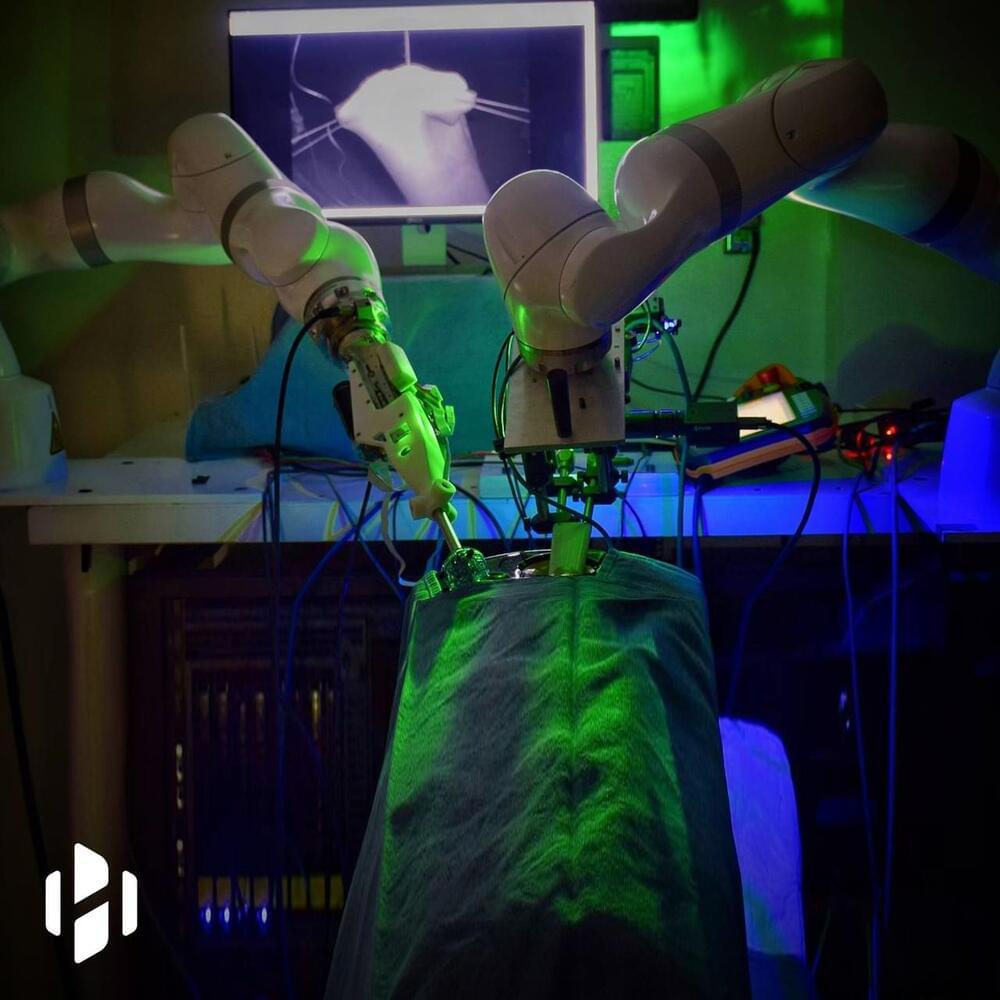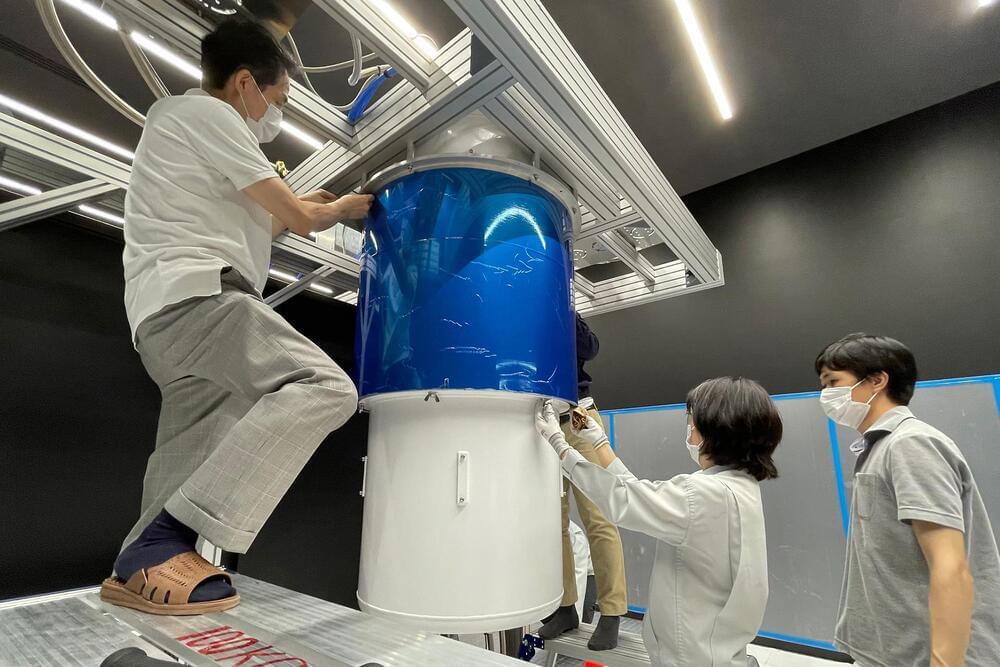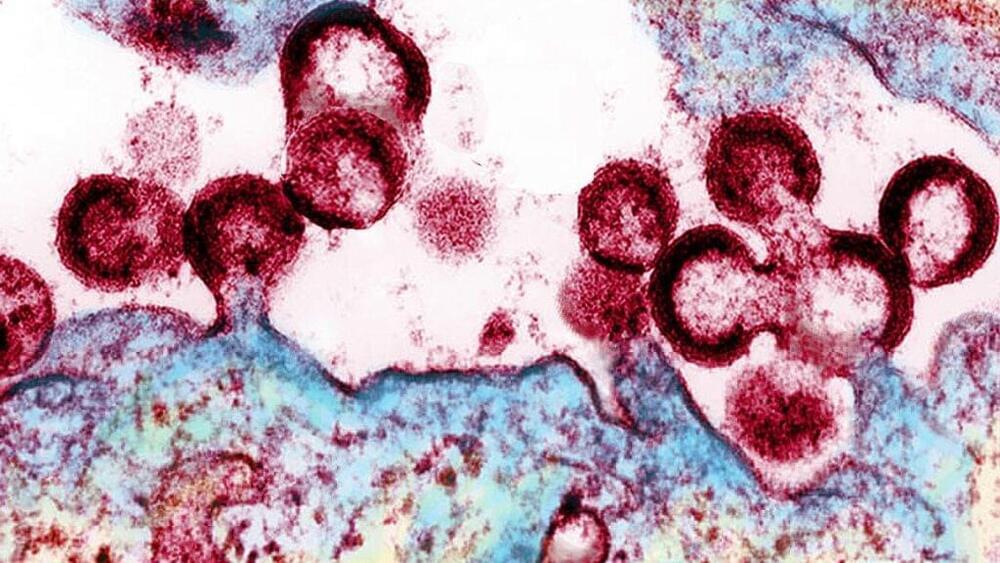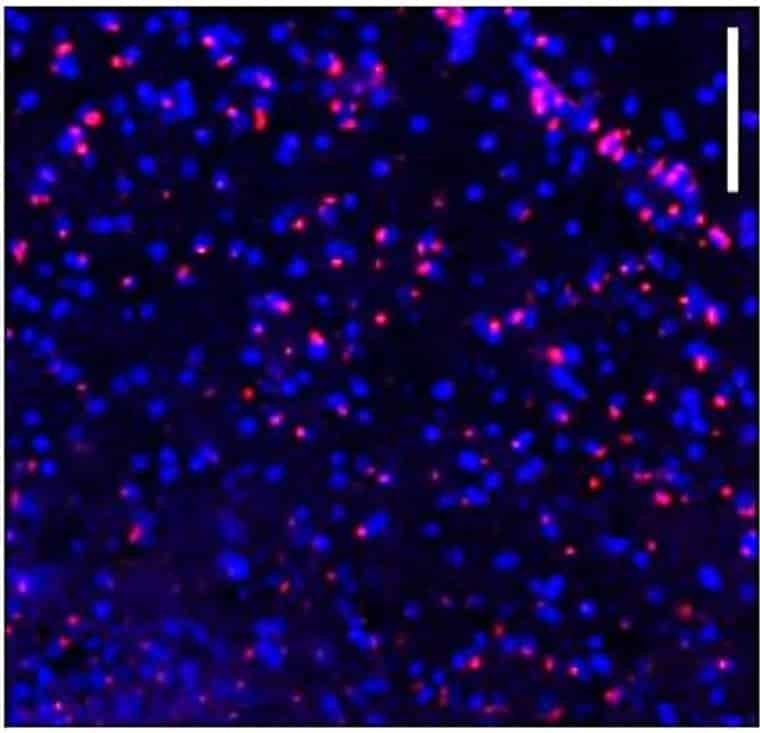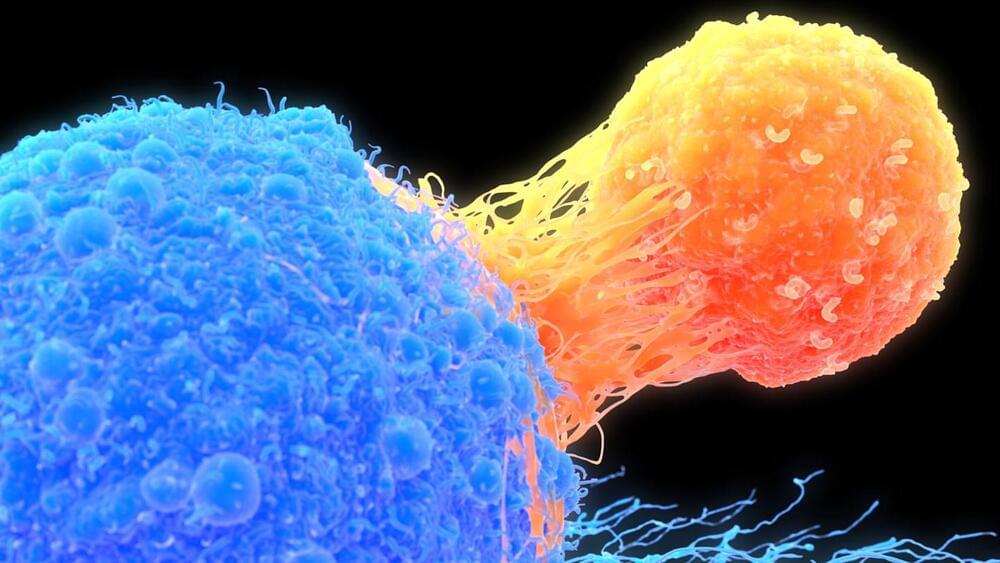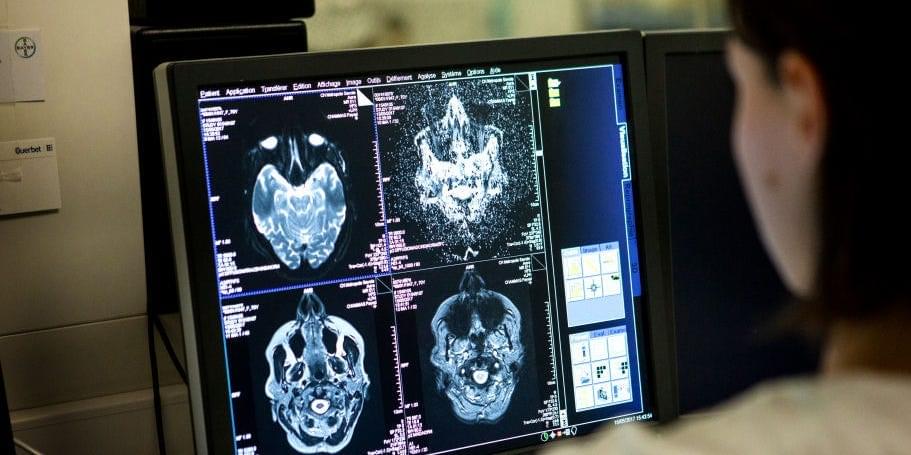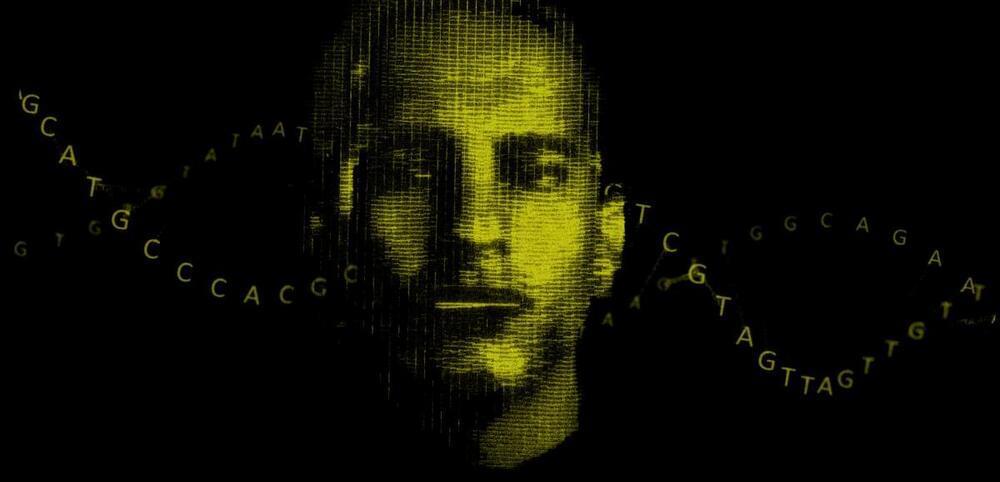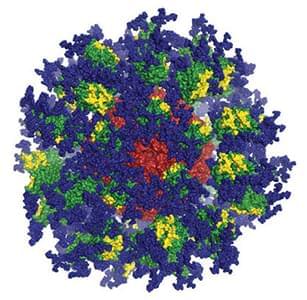Over the years, much has been said about artificial intelligence (AI) and the healthcare industry. Much of it has been focused on two extremes. On one hand, there’s the fairly mature use of neural networks for radiological analysis. On the other, there’s the focus on fraud management. Those have become “must have’s” in my perspective. It’s filling the middle ground that interests me. Medical insurance is, as patients, providers, and payors all can agree, is often convoluted and complex. There’s a business problem in making processes more efficient, and the foolishly named robotic process automation (RPA) is only a step in the right direction. More robust AI can help all three stakeholder groups address their needs in managing medical insurance. The general medical insurance industry does deal with radiology and images. However, that’s typically in specialties. In the dental industry, radiology is a regular tool, using x-rays to understand tooth and gum conditions and then to document work that has been done. The basics of AI and radiology have been covered, in this column and many other places, so this article isn’t going to cover the concepts, it’s important to realize how important that analysis is in dental care.
Full Story:
In this case, it’s increasing the accuracy and speed of dental insurance processing, resulting in better medical control, improved financial outcomes for providers and payors, and improved care and customer service for the patient.


